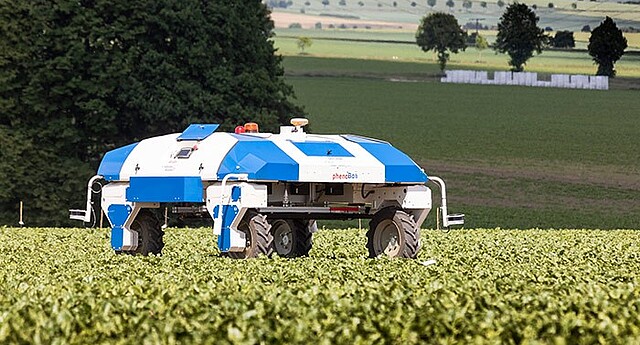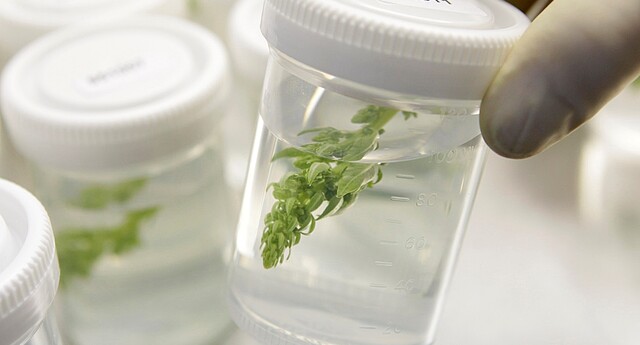Samathmika Ravi 1, Mahdi Hassani 2, Bahram Heidari 3 , Saptarathi Deb 1, Elena Orsini 4, Jinquan Li 4, Christopher M. Richards 5 , LeeW. Panella 5, Subhashini Srinivasan 6, Giovanni Campagna 7, Giuseppe Concheri 1 , Andrea Squartini 1 and Piergiorgio Stevanato 1,*
1 Department of Agronomy, Animals, Natural Resources and Environment-DAFNAE, University of Padova, 35020 Legnaro, PD, Italy; samathmikaravi@gmail.com (S.R.); saptarathideb@gmail.com (S.D.); giuseppe.concheri@unipd.it (G.C.); squart@unipd.it (A.S.)
2 Sugar Beet Seed Research Department, Hamedan Agriculture and Natural Resources Research and Education Centre, AREEO, Hamedan 65519, Iran; m.hasani@areeo.ac.ir
3 Department of Plant Production and Genetics, School of Agriculture, Shiraz University, Shiraz 7144165186, Iran; bheidari@shirazu.ac.ir
4 Strube Research GmbH & Co. KG, 42651 Söllingen, Germany; e.orsini@strube.net (E.O.); j.li@strube.net (J.L.)
5 USDA-ARS, National Laboratory for Genetic Resources Preservation, Fort Collins, CO 80521, USA; chris.richards@usda.gov (C.M.R.); lee.panella@Colostate.edu (L.W.P.)
6 Institute of Bioinformatics and Applied Biotechnology, Bengaluru 560100, India; ssubha@ibab.ac.in
7 COPROB, 40061 Minerbio, BO, Italy; giovanni.campagna@coprob.com
* Correspondence: stevanato@unipd.it
Abstract: Rhizoctonia solani, causing Rhizoctonia crown and root rot, is a major risk to sugar beet (Beta vulgaris L.) cultivation. The development of resistant varieties accelerated by marker-assisted selection is a priority of breeding programs. We report the identification of a single-nucleotide polymorphism (SNP) marker linked to Rhizoctonia resistance using restriction site-associated DNA (RAD) sequencing of two geographically discrete sets of plant materials with different degrees of resistance/susceptibility to enable a wider selection of superior genotypes. The variant calling pipeline utilized SAMtools for variant calling and the resulting raw SNPs from RAD sequencing (15,988 and 22,439 SNPs) were able to explain 13.40% and 25.45% of the phenotypic variation in the two sets of material from different sources of origin, respectively. An association analysis was carried out independently on both the datasets and mutually occurring significant SNPs were filtered depending on their contribution to the phenotype using principal component analysis (PCA) biplots.
To provide a ready-to-use marker for the breeding community, a systematic molecular validation of significant SNPs distributed across the genome was undertaken to combine high-resolution melting, Sanger sequencing, and rhAmp SNP genotyping. We report that RsBv1 located on Chromosome 6 (9,000,093 bp) is significantly associated with Rhizoctonia resistance (p < 0.01) and able to explain 10% of the phenotypic disease variance. The related SNP assay is thus ready for marker-assisted selection in sugar beet breeding for Rhizoctonia resistance.
Please find references and further information here: Full version of the article






